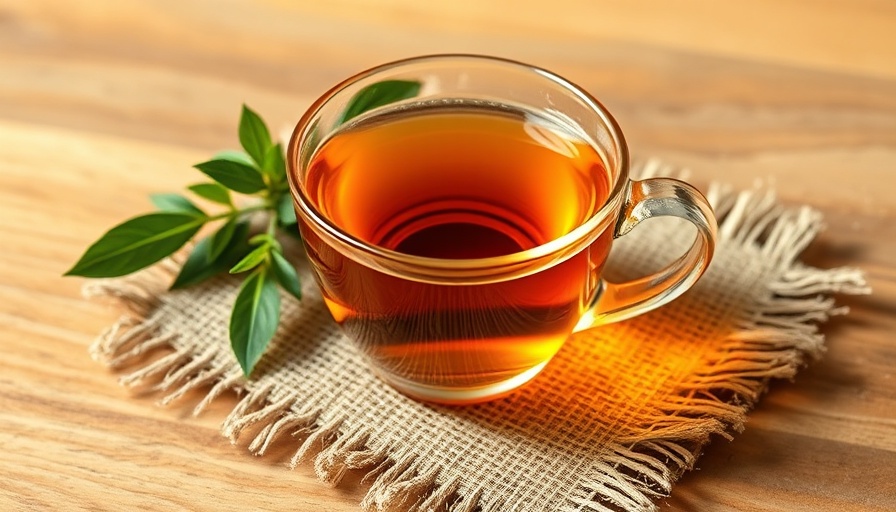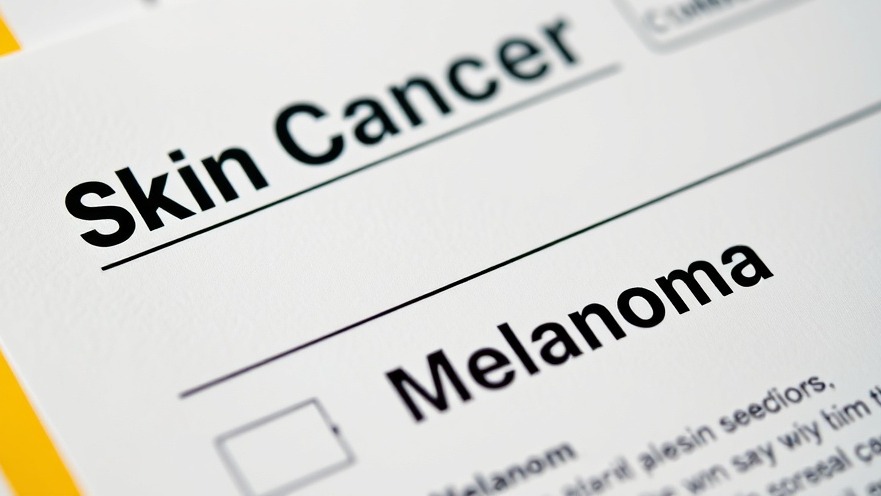
Understanding the Role of Beverages in Nutrient Absorption
Coffee and tea are ubiquitous beverages that many people cherish for their rich flavors and stimulating effects. However, their impact on nutrient absorption, particularly iron, can be profound. For health-conscious career women striving to maintain both energy levels and skin health, understanding how these drinks interfere with iron intake is essential.
How Coffee Impacts Iron Absorption
The polyphenols and tannins found in coffee are fundamentally responsible for its ability to inhibit iron absorption. Chlorogenic acid, a prominent polyphenol in coffee, binds to non-heme iron, creating insoluble complexes that can't be easily absorbed by the body. Iron is crucial for producing healthy red blood cells; thus, hindering its absorption can have long-term health implications.
Strategies to Minimize Impact
For those taking iron supplements, timing is key. Research indicates that consuming coffee either one hour before or two hours after taking iron supplements can significantly enhance absorption. Despite theorems proposing that taking iron on an empty stomach can amplify absorption, it's crucial to balance this with potential gastrointestinal discomfort.
The Relationship Between Tea and Iron
Similar to coffee, tea is rich in polyphenols that bind to iron, particularly catechins in green tea and thearubigins in black tea. Women who enjoy tea should also be mindful of its consumption timing. Drinking tea alongside meals, especially ones rich in iron, can similarly diminish iron uptake. This is concerning for those with iron deficiency anemia, as it limits the effectiveness of iron-rich foods and supplements.
Choosing Wisely: Tips for the Health-Conscious
Women seeking to boost their iron levels and promote beautiful, clear skin should consider adhering to specific dietary strategies. Consuming vitamin C-rich foods alongside iron supplements, for instance, can enhance iron absorption significantly. Foods like bell peppers, strawberries, and citrus fruits are excellent companions to iron-rich meals.
Broader Implications: Nutrition and Skin Health
Your dietary choices affect not only your iron levels but also your skin health. For beautiful skin, a balanced intake of nutrients is vital. Herbs known for their skin benefits, such as chamomile and calendula, can offer soothing properties and complement your daily diet. Incorporating these herbal remedies in a skincare routine or diet can support clear skin and reduce problems like skin itching.
Conclusion: Actionable Insights for Better Health
To manage iron deficiency effectively while enjoying your favorite beverages, be strategic about consumption. Adjusting your coffee and tea intake around the timing of iron-rich meals and supplements can lead to better health outcomes. As a careerwoman concerned with both nutrition and skin health, take charge of your dietary practices today. Regular monitoring of your health through blood tests can provide insights into the effectiveness of your iron intake strategies.
By being well-informed and proactive about the interactions between everyday beverages and nutrient absorption, you can cultivate both improved health and vibrant skin.
For those eager to enhance their skin health, explore options like a clear skin diet rich in iron and paired with beneficial herbs. Don't forget to consider what teas are good for skin health when making your beverage choices, as some options might surprise you with their positive effects.
 Add Row
Add Row  Add
Add 




 Add Row
Add Row  Add
Add 

Write A Comment